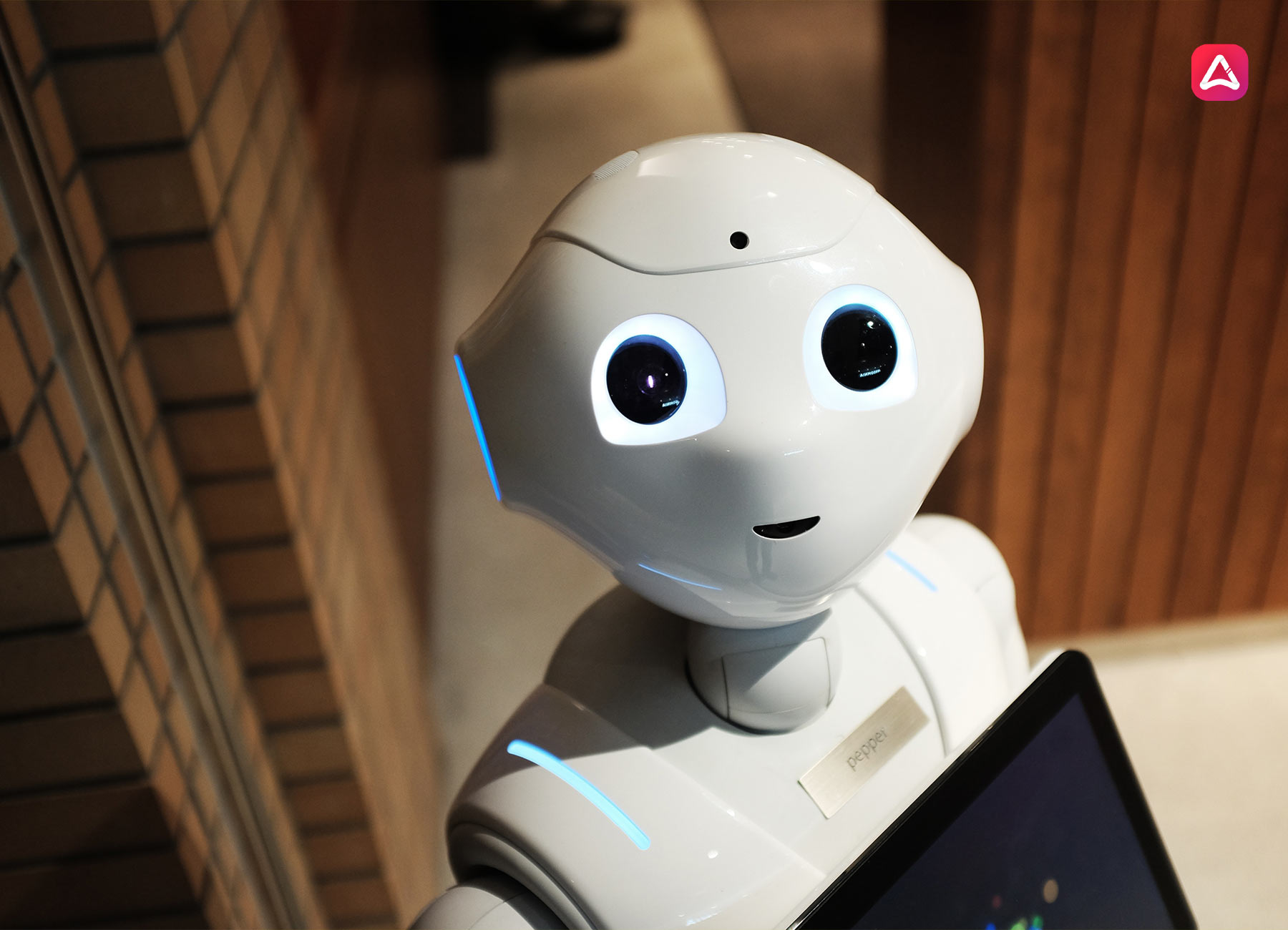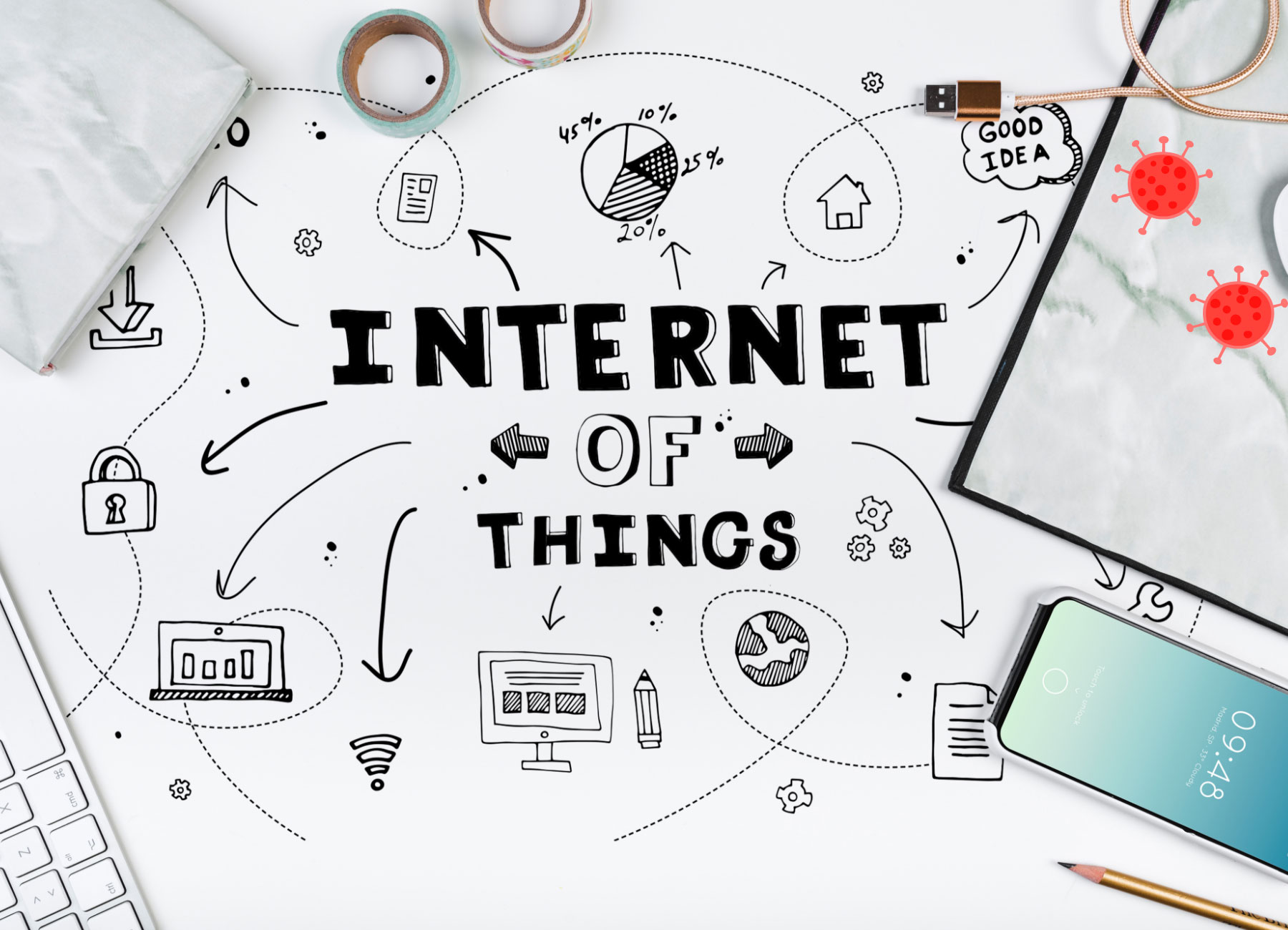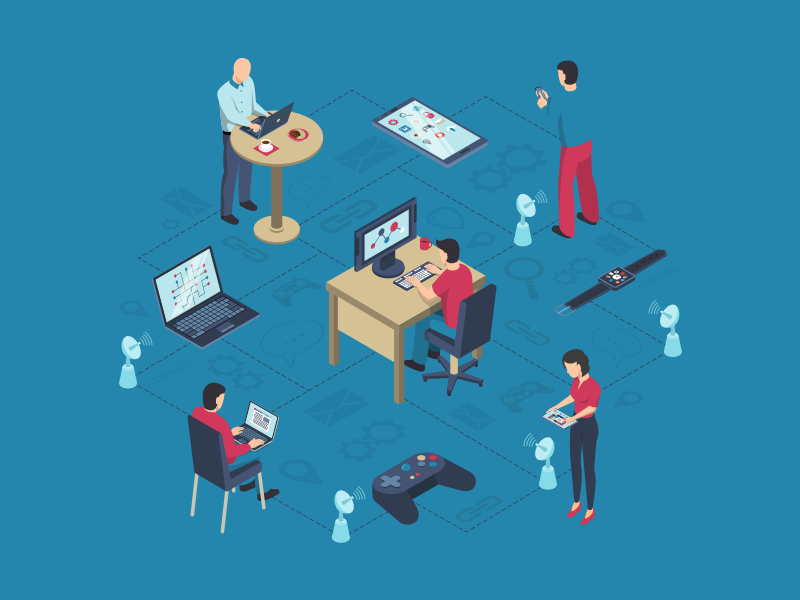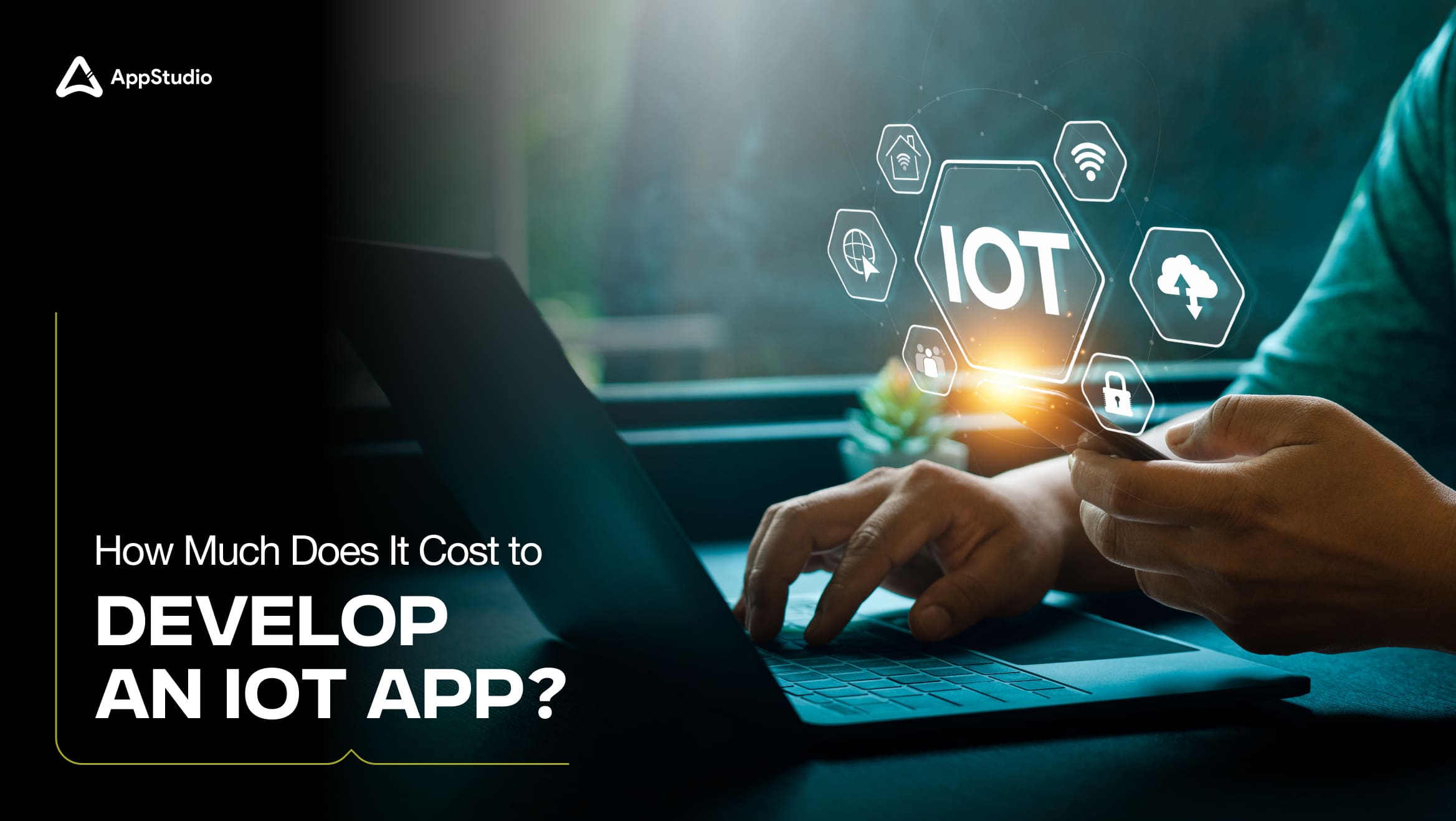Artificial intelligence (AI) has already reached every element of the trip. Today, chatbots websites, personalized search platforms and in-room virtual assistants are being implemented to improve customer engagement, increase conversion rates and customize the guest experience.
Thanks to AI, getting to a destination is getting easier. For example, this year Google Flights began predicting delays and announcing them earlier than the airlines themselves. How far can we go with artificial intelligence?
Few are the hotels that have not already put customer experience at the center. And as technology gains presence, this strategy becomes more and more visible. From Wi-Fi to mobile applications and chatbots, the hotel industry has had to adapt to forced marches to provide a quality service and to the taste of an increasingly demanding guest.
Internet of Things (IoT) and Artificial Intelligence (AI) are the latest technological advances in reaching the industry, which promise a “totally connected experience “to the traveler. Most of the chains are beginning to try already this type of technologies. Some, such as Hilton, Marriot or Accor have already opted for the ‘ connected room ‘ to meet the needs of their customers.
There is no doubt that if the firm is not firmly committed to AI, IoT will never arrive efficiently, especially after the emergence of 5G technology. And it is that big data is so massive that without artificial intelligence the value of the data provided by the Internet of Things will be overlooked.
1. Trip and Search Planning
According to a survey conducted by Booking.com, almost a third of travelers would feel comfortable allowing a computer to plan their next getaway based on information from their travel history. By using AI, travel brands can create personalized recommendations based on a series of unique preferences.
At the beginning of the year, TUI Group and the travel planning service powered by AI Utrip teamed up to create a personalized travel planning service.
This sophisticated online tool asks travelers to rate their preferences according to different categories, including «Nature and adventure», «Gastronomy», «Shopping» or «Relax». It also includes additional filters such as “Travel with”, “Travel style” or “Purpose of the trip”, which help refine things even more.
The Utrip AI algorithm analyzes millions of possible combinations and offers a daily itinerary for the entire trip. In addition, travelers can add even more activities to the itinerary provided by the tool, to be able to customize to the maximum.
On the other hand, Personality Hotels, a San Francisco boutique hotel chain, also uses Utrip to offer its own itinerary planning service. The interface is different, but the goal is the same.
There is no doubt that this tool is very useful for families and business travelers with limited time to organize a trip. It not only eliminates the need for meticulous research, but also locates engaging activities and experiences that would otherwise have gone unnoticed.
2. Hotel Reservations
Friction in the reservation is a major problem for hotels. A recent report on reservation trends in Europe ensures that abandonment rates are increasing: only one in twenty travelers interested in booking ends the reservation.
Chatbots can help with this. Guests ask these virtual assistants questions and get information about hotel services, get advice about the city, check the latest rates and book a room. And you can do it, for example, while chatting with the hotel through Facebook Messenger or WhatsApp.
And if the chatbot cannot answer a question, the question is transferred to a hotel staff member. Thanks to AI, the chatbot can learn this new response and not require human interaction on the next occasion.
By automating inquiries in this way, hotels can provide customer support instantly and on a platform with which customers are already familiar. In turn, this can help increase conversion rates and thus relieve some of the work to the already overloaded reception.
3. Assistants in the Room
Chatbots and voice assistants are also entering hotel rooms. Each time they are more sophisticated, they can improve the experience in the accommodation, answering the questions of the guests, making requests and offering recommendations in real time.
Some companies already offer virtual butlers, such as Edward from Edwardian Hotels or the flirty Rose, from Cosmopolitan Las Vegas. Also, Amazon and IBM have recently launched their own specific assistants for the hospitality sector, which have the potential to revolutionize the guest experience.
Do you know Watson from IBM?
The IBM Watson assistant may be particularly attractive, as the hotel retains guest data, unlike Alexa, Amazon. The IBM product also has a white label, so the hotel can use the technology to boost its own chatbot.
In the three-minute promotional video, which seems almost science fiction, Watson demonstrates his ability to anticipate guest needs and make recommendations based on context information and data from past stays.
«I see that your flight was late, do you want me to ask for room service? «Asks Watson after welcoming the guest, calling him by name. Then ask the guest if he wants his “usual order” or any new menu suggestions.
Later, Watson reviews the guest’s calendar and arranges transportation for a pre-scheduled business meeting. Activate the alarm to arrive at your morning gym session and inform you about breakfast time at the hotel.
In addition to customizing the guest experience, voice assistants such as Watson present opportunities to increase sales in two relevant ways: personalized recommendations can alert guests to hotel services that they are sure they want to know, and transactions will be made without frictions, they will be completed with a simple voice request.
4. Electronic Bracelets
A few years ago, Disney introduced the Disney MagicBand to allow users to skip the long lines in the parks, buy food and souvenirs, and enjoy an entrance to the Disney hotel room without having to use the key.
With a similar technology, and as we already advance in TecnoHotel, MeliáHoteles has introduced its own electronic wristbands, which allow guests, in addition to opening the rooms, to easily pay for hotel services. While this is not a novelty, the highlight is that Meliá bracelets can also be used to make payments at nearby stores with which they have reached an agreement, Starbucks or Mango included.
This cashless payment system is a clear benefit for guests. Above all, in hotels in beach areas. Even so, the biggest benefit for Meliá is that its bracelets allow you to keep track of guest purchases. This allows you to create profiles of consumer habits to launch marketing campaigns and future offers.
In the medium term, it is likely that hotels can use these devices to monitor a large number of habits and behaviors of their customers. For example, if a guest always chooses the same wine, notifies the room service at the same time or pays an extra to have a late check-in, a hotel can use that data to create special packages to measure or send timely promotional messages during the stay.
5. Reputation Management
The usefulness of AI is not limited to driving conversions and personalizing experiences. The latest technology can also be used to enhance online listening tools that monitor social media comments and guest reviews. A task that could be time consuming if done manually.
A series of free tracking tools can monitor opinions and notify the hotel when it is mentioned on the Internet. This means that a hotel can respond quickly to negative comments, observe general trends in guests’ feelings and identify areas where service levels can be improved.
There are also premium tools, such as those offered by Reputation.com, which include detailed reports and analysis and expand the network to monitor blogs, social networks, videos, images, review sites … This complete data analysis allows a hotel to understand everything What your audience thinks , something that helps increase the effectiveness of marketing and engagement campaigns.
A connected experience should allow the client to have access and total control. Using a mobile application, guests must be able to enter and leave their room, control the temperature, make a reservation at the restaurant, notify room service or request more towels. And all with a slight movement of the finger.
From coffee for Everyone to Customization
The main problem is, perhaps, because today’s connected experiences still apply “coffee for all” and lack a personalized value proposition for guests. Therefore, the impact is still small and limited, as each guest values different things.
Some prefer an improvement in the room, others a free access to the gym, others a bottle of wine. Even the same traveler may have different preferences depending on the reason for the trip (business, vacation, family …). If hotels expect their staff to be able to define and execute this customization, they will probably fail. Therefore, AI is essential to achieve this customization and get a differentiated experience.
In short, hotels have to redefine the connected experience as a fluid experience, which offers quick and easy access to information and amenities, but also looking for a growing personalization to offer the most individual service possible.
The key is to use artificial intelligence to decipher large amounts of data to understand guest behavior and apply automated decisions that ultimately provide meaningful experiences.
Also, many hotels address the connected experience as a series of specific strategies executed by disparate teams, powered by disparate sources of data. But the true potential of a connected experience can only be achieved with an integrated strategy through three different capabilities, but interconnected between and data-centric: Data sources, Integrated Data Foundation and Guest Engagement. Or what is the same: data sources, integrated database and customer engagement.
However, although we continue to promise maximum comfort, the arrival of the guest is still a challenge. Queuing to check-in remains a common scenario, even in the best hotels.
Decryption of Data Sources
Interconnected devices (IoT) integrated into all hotel properties can provide digital access to services such as room key, entertainment or light or temperature control. However, the real value of an IoT strategy is in the data it generates.
The Internet of Things can be a very valuable data source that allows hotels to track individual guest behavior. And these actions provide data that goes far beyond the profile of the traveler and their travel patterns, as they can help hotels really understand preferences individually.
Integrated Databases
Data is a powerful facilitator. They can offer real-time intelligence, generate hyper-personalized offers and agility in hotel management. But the data is only effective if it can be leveraged and applied. This requires a sophisticated data platform that can add the immense volume of data that exists, often in diverse formats, to transform them into valuable information.
The modernization of big data paves the way for hotels to drive automated scaling, something that can bring great advances in customer experience and open up new revenue opportunities.
Advanced analyzes, such as Evolutionary Artificial Intelligence, can help hotels decide which offers are most relevant before arrival and during the guest’s stay. The data platform must be integrated with other systems such as PMS, CRM, POS (point of sale module), mobile platforms and the web, so that the recommendations are always active in real time.
Where will AI take us?
There is no doubt that artificial intelligence (AI) influences the entire sphere of travel. Chatbots are helping those who book customized trips, who buy flights and accommodations. Travel planning platforms can adapt itineraries in seconds. And attendees in the room are learning about guest behavior to personalize their experience.
In addition, AI can also help hotels make operational improvements, such as analyzing booking trends to optimize room rates and freeing staff to focus more on face-to-face services.
Hoteliers have more and more technology at their disposal. The key to success will be to use it wisely and ensure that it complements, but does not replace, the more personal side – and so necessary – of the hospitality sector.






